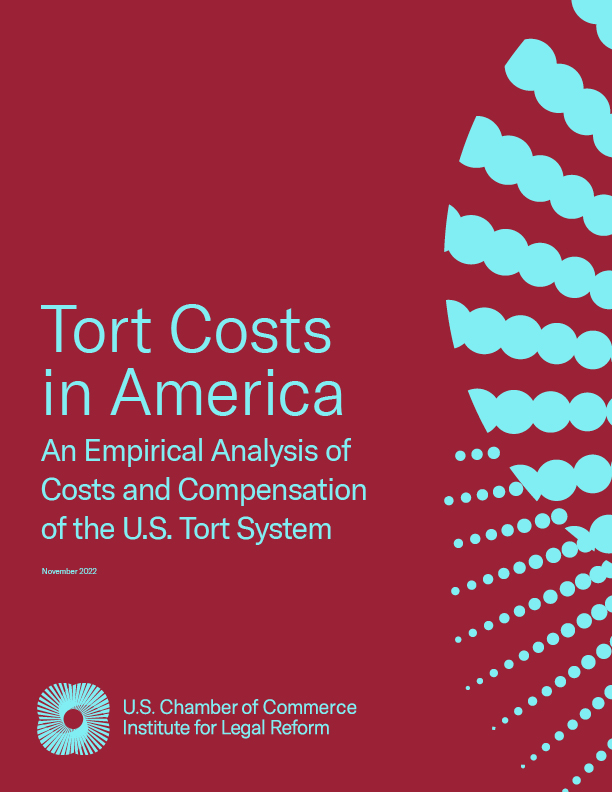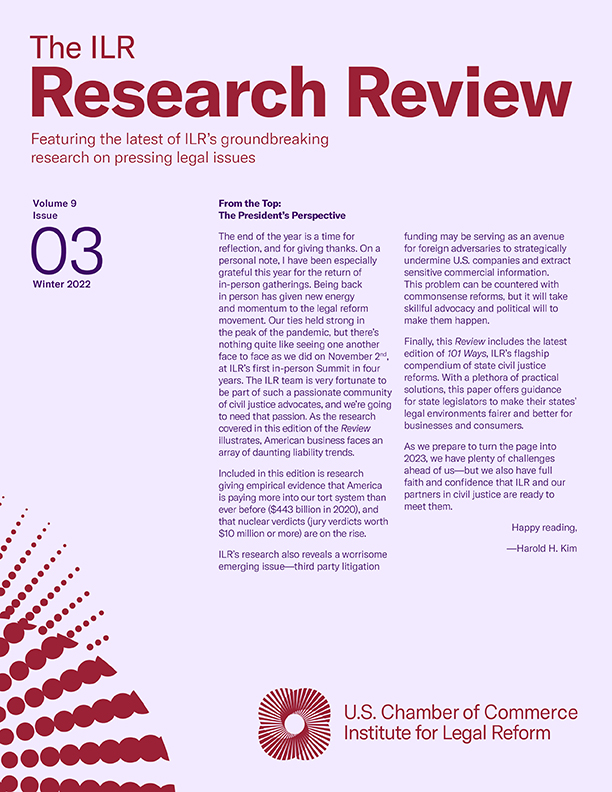On April 17, 2013, the Supreme Court dealt what many legal observers predicted might be a fatal blow to human rights lawsuits against U.S. and foreign corporations when it held in Kiobel v. Royal Dutch Petroleum that the Alien Tort Statute (ATS) generally does not apply to torts that occur in the territory of other countries.
As predicted, the Kiobel decision has had a significant effect on ATS lawsuits in lower courts. Of the 40 ATS lawsuits that were pending when Kiobel was decided, about 70% have been dismissed on extraterritoriality grounds, and another 10% have been dismissed for other reasons.
Courts have so far unanimously agreed that Kiobel prevents plaintiffs from bringing so-called “foreign-cubed” cases against corporations in which foreign plaintiffs sue foreign defendants for torts committed in a foreign country.
Nonetheless, lower courts have struggled to determine whether Kiobel permits U.S. corporations to be sued under the ATS for alleged torts in foreign countries, where those torts have involved some corporate conduct inside the United States. Some courts have also weighed the U.S. citizenship of the defendant, while others consider that factor irrelevant.
The justices seem content to let lower courts work out the details, at least for the time-being. With the Supreme Court staying on the sidelines, this article takes stock of where ATS cases currently stand around the country.
Read the paper here.



